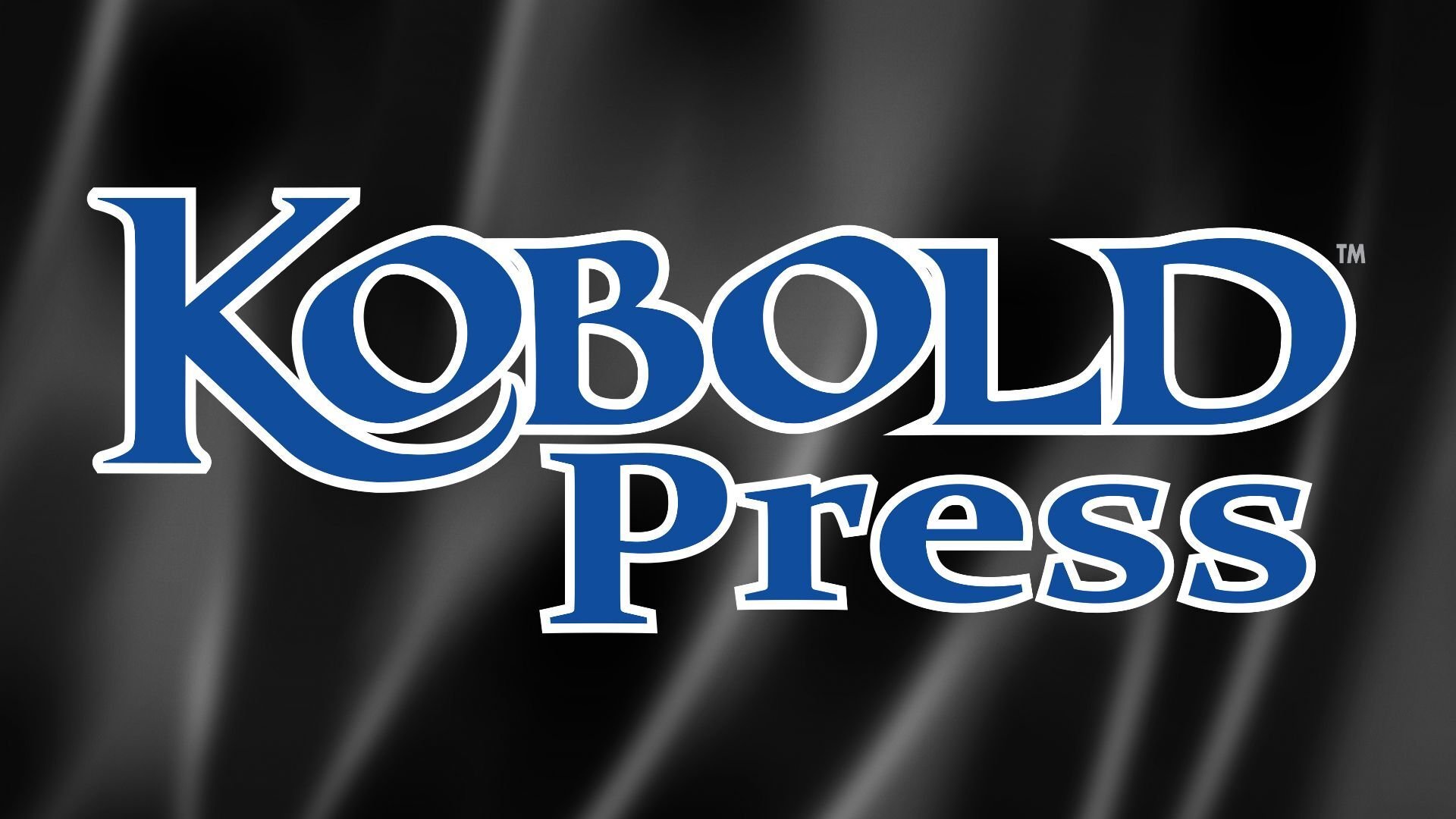Kobold Press has announced its plans regarding the upcoming new OGL v1.1, which involves a new, open game codenamed Project Black Flag.


 koboldpress.com
koboldpress.com
Kobold Press has been and always will be committed to open gaming and the tabletop community. Our goal is to continue creating the best materials for players and game masters alike.
This means Kobold Press will release its current Kickstarter projects as planned, including Campaign Builder: Cities & Towns (already printed and on its way to backers this winter).
In particular, Deep Magic Volume 2 will remain fully compatible with the 5E rules. We are working with our VTT partners to maintain support for digital platforms.
As we look ahead, it becomes even more important for our actions to represent our values. While we wait to see what the future holds, we are moving forward with clear-eyed work on a new Core Fantasy tabletop ruleset: available, open, and subscription-free for those who love it—Code Name: Project Black Flag.
All Kobolds look forward to the continued evolution of tabletop gaming. We aim to play our part in making the game better for everyone. Rest assured, Kobold Press intends to maintain a strong presence in the tabletop RPG community. We are not going anywhere.
This means Kobold Press will release its current Kickstarter projects as planned, including Campaign Builder: Cities & Towns (already printed and on its way to backers this winter).
In particular, Deep Magic Volume 2 will remain fully compatible with the 5E rules. We are working with our VTT partners to maintain support for digital platforms.
As we look ahead, it becomes even more important for our actions to represent our values. While we wait to see what the future holds, we are moving forward with clear-eyed work on a new Core Fantasy tabletop ruleset: available, open, and subscription-free for those who love it—Code Name: Project Black Flag.
All Kobolds look forward to the continued evolution of tabletop gaming. We aim to play our part in making the game better for everyone. Rest assured, Kobold Press intends to maintain a strong presence in the tabletop RPG community. We are not going anywhere.

Raising Our Flag - Kobold Press
Kobold Press is committed to open gaming. We are moving forward with clear-eyed work on a new Core Fantasy tabletop ruleset: available, open, and subscription-free for those who love it—Code Name: Project Black Flag.
 koboldpress.com
koboldpress.com



